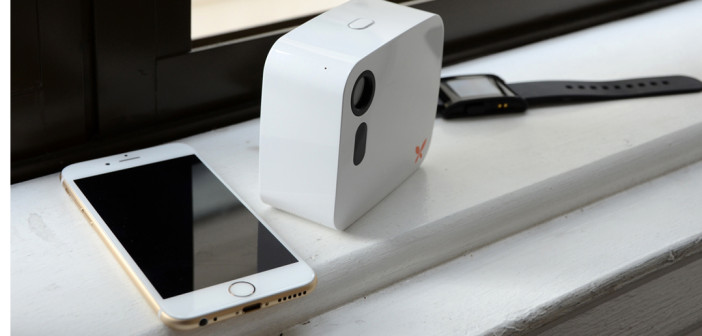A handful of operator groups will generate more than Euro 1 billion each from the IoT in 2018
Revenues for mobile operators from the Internet of Things (IoT) reached Euro 11 billion in 2016, marking the first time operators have reported the hard facts, rather than projections, on IoT sales.
According to a new research report from the analyst firm Berg Insight, over last year some of the leading global telecom groups reported IoT revenues on a regular basis. In the third quarter 2016, Vodafone and Verizon generated around Euro 200 million each in direct sales from IoT connectivity, solutions and applications.
Next year, Berg Insight predicts that a handful of operator groups will generate more than Euro 1 billion each from the IoT.
“Until recently, the principal financial metrics for IoT has been projected, not actual, revenues. Now the market has entered a new phase in which hard business facts take precedent over lofty projections,” said Tobias Ryberg, senior analyst, Berg Insight and author of the report. Wireless connectivity is now near ubiquitous and there will be half a billion cellular IoT connections in 2017, but revenues are still relatively small,” he added.
Berg Insight estimates that the global monthly ARPU for cellular IoT devices was Euro 1.40 in 2016. There were significant variations between different regions, from less than Euro 0.30 in some emerging economies to over Euro 3.00 in less competitive developed markets.
Identifying and implementing successful strategies for moving up in the value chain is widely recognised as the biggest challenge ahead for mobile operators in IoT. For large mobile operators in vehicle producing countries, the automotive market has been a natural starting point.
Players like AT&T, Vodafone, Verizon and Deutsche Telekom have established dedicated practices to support automotive OEMs in the development of connected car solutions for the global market. Verizon and Vodafone made strategic acquisitions of telematics businesses to accelerate their strategies, while AT&T and Deutsche Telekom developed their platforms in close cooperation with customers.
An alternative strategy better suited for smaller mobile operators is to develop a broad ecosystem and sell IoT solutions from preferred partners through existing B2B channels. By partnering with leading solution providers, the operators can make sure that they offer the best products available to their enterprise customers without having to invest in product development. Pre-packaged solutions from ecosystem partners fit well into a product portfolio that range from wholesale network connectivity for application developers to bespoke solutions that meet more complex and customer-specific application needs.





